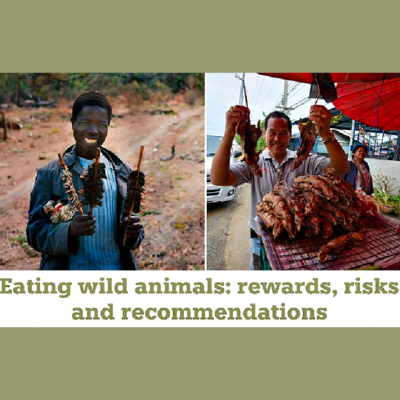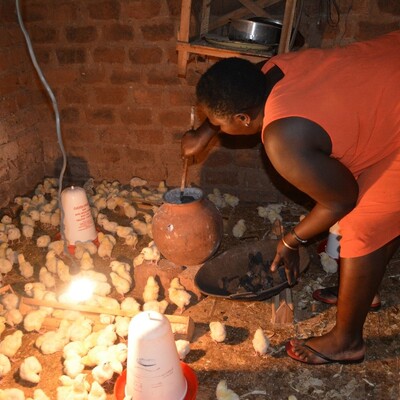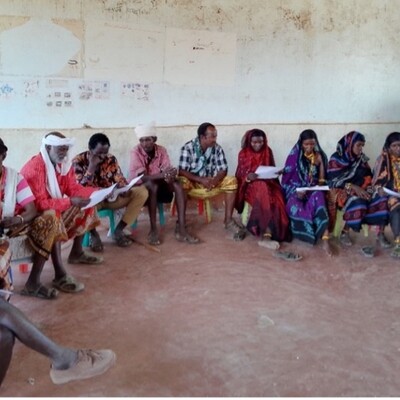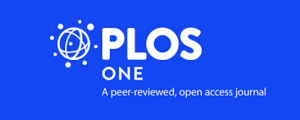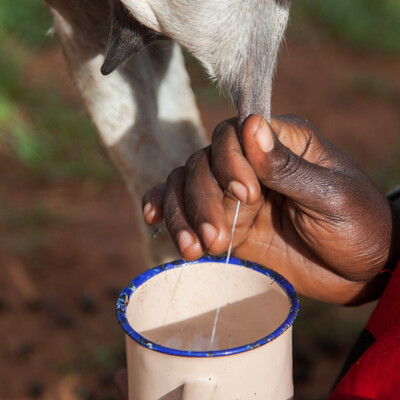
CGIAR Antimicrobial Resistance Hub enhances the capacity of laboratory professionals across low- and middle-income countries against antimicrobial resistance
Raising awareness for World Antimicrobial Resistance Awareness Week (WAAW) 2024
This year’s theme for World Antimicrobial Resistance Awareness Week (WAAW) 2024 shines a spotlight on the urgent need for global action with the theme ‘Educate. Advocate. Act Now.’ The theme challenges individuals, organizations and nations to:
- Educate stakeholders about the growing threat of antimicrobial resistance (AMR).
- Advocate for bold and actionable commitments to address AMR.
- Act now by implementing strategies and interventions to curb the spread of resistance.
At the International Livestock Research Institute (ILRI), the CGIAR AMR Hub leverages partnerships and innovative programs to strengthen the fight against AMR. A key output of the hub’s efforts is its dedication to enhancing capacities in low- and middle-income countries through comprehensive training programs for laboratory professionals.
Training for a stronger response to AMR
The hub's achievements include its extensive training initiatives in antimicrobial susceptibility testing (AST), laboratory assessments, and bacterial identification, supported by the International Centre for Antimicrobial Resistance Solutions (ICARS), the International Action Against Stunting Hub, and the Regional Integrated Agricultural Development in the Great Lakes (PRDAIGL) project which aims to improve productivity and marketing of milk and dairy products in Burundi.
Focused on AST using the European Committee on Antimicrobial Susceptibility Testing (EUCAST) method, the ICARS training initiative focuses on laboratory assessments with a tool from the Food and Agriculture Organization of the United Nations. A two-day in-person workshop held at ILRI trained 34 laboratory staff from organizations such as the Kenya Medical Research Institute, the Kenya Agricultural and Livestock Research Organization, Kabete Veterinary Laboratories and the University of Nairobi, and participants from Benin, Tanzania, Zimbabwe and Ghana.
To date, the hub has hosted 13 webinars, each with approximately 30 participants, alongside a two-day virtual workshop with participants from previous in-person trainings and new attendees from Georgia and Pakistan. Additional training sessions were also held with 26 laboratory staff in Zanzibar (Central Veterinary Laboratory) and Benin (University of Abomey-Calavi).
Funded by the Global Challenges Research Fund through the International Action Against Stunting Hub, onsite training courses have also been conducted in India, Indonesia and Senegal where 11 laboratory staff have been trained on sample collection, media preparation and quality control, bacterial identification and isolation from food samples, and storage of bacterial isolates.
The hub has also trained six laboratory staff from the National Veterinary Reference Laboratory in Burundi on sample collection, media preparation, bacterial identification and isolate storage. This training was conducted at ILRI and in Burundi through the PRDAIGL project.
Linnet Ochieng, ILRI’s research officer who conducted these trainings, shared, ‘Training in bacterial identification and antimicrobial susceptibility testing is a game changer for enhancing local laboratory capacities. By empowering lab professionals where they are, we build sustainable expertise that directly impacts public health, animal welfare and food safety. This training ensures that lab staff can accurately identify bacterial strains and assess their resistance profiles, leading to more precise treatment options, strengthening national surveillance systems, optimizing antibiotic use, and curbing the spread of AMR.’
These initiatives reflect the commitment of the CGIAR AMR Hub to equipping laboratory professionals with critical skills to identify and manage AMR in their local contexts.
Arshnee Moodley, team leader of the CGIAR AMR Hub shares, ‘Strengthening AMR testing capacity is about giving health and veterinary professionals and policymakers the tools and knowledge they need to take action against AMR. By improving how we diagnose and respond to bacterial infections, we preserve the effectiveness of the antimicrobials we rely on, protect animal health, and support livelihoods and food security. This work is also a critical step toward keeping the promises made at the United Nations General Assembly high-level meeting on AMR to improve surveillance and monitoring, build stronger health systems and reduce the number of deaths related to AMR’.
As we mark WAAW 2024, the CGIAR AMR Hub invites global stakeholders to join in this effort—educating communities, advocating for effective commitments, and acting now to secure the future of global health.
For more about the CGIAR AMR Hub, visit https://amr.cgiar.org/
For more information on the training details contact Linnet Ochieng
Photo credit: Pipetting of reagents during a training held at ILRI (ILRI/Saleef Nyambok)
You may also like

ILRI News
ILRI’s contribution to climate-resilient agriculture conference in Bhutan: A path towards sustainable livestock systems
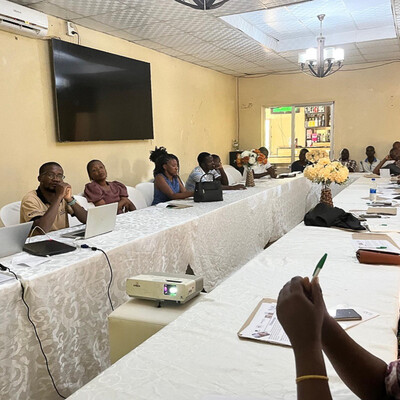
ILRI News
ILRI trains poultry farmers on responsible antibiotic use to reduce AMR in Lilongwe, Malawi
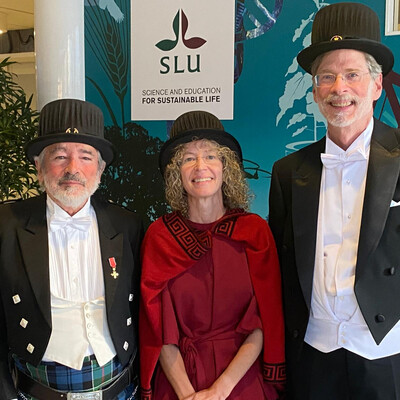
ILRI News
Delia Grace Randolph appointed 'Honorary Doctor' by the Swedish University of Agricultural Sciences
Related Publications

Analysis of antibiotic use and access to drugs among poultry farmers in Kenya
- Muloi, Dishon M.
- Kasudi, Mitchelle R.
- Murungi, Maurice K.
- Ibayi, Eugine L.
- Kahariri, S.
- Karimi, C.
- Korir, Max
- Muasa, B.
- Mwololo, D.
- Ndanyi, R.
- Ndungi, R.
- Njiru, J.
- Omani, R.
- Owada, R.
- Omulo, S.
- Azegele, A.
- Fèvre, Eric M.
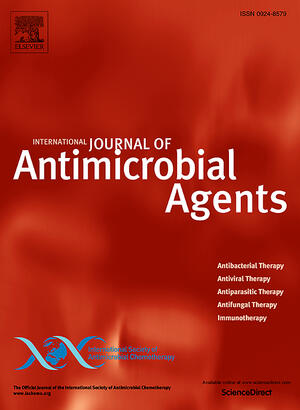
Epidemiology of antimicrobial resistant diarrheagenic Escherichia coli pathotypes from children, livestock and food in Dagoretti South, Nairobi Kenya
- Okumu, Noah O.
- Muloi, Dishon M.
- Moodley, Arshnee
- Ochieng, Linnet
- Watson, J.
- Kiarie, Alice
- Ngeranwa, J.J.N.
- Cumming, O.
- Cook, Elizabeth A.J.
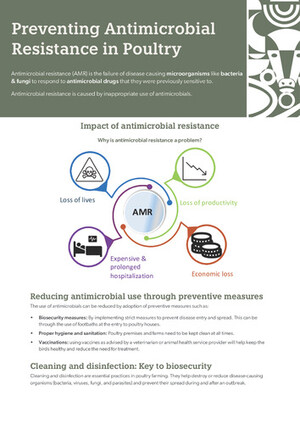
Preventing antimicrobial resistance in poultry
- Directorate of Veterinary Services, Kenya
- International Livestock Research Institute

Systematic review and meta-analysis on prevalence and antimicrobial resistance patterns of important foodborne pathogens isolated from retail chicken meat and associated environments in India
- Ayoub, H.
- Kumar, M.S.
- Dubal, Z.B.
- Bhilegaonkar, K.N.
- Hung Nguyen-Viet
- Grace, Delia
- Thapliyal, S.
- Sanjumon, E.S.
- Sneha, E.N.P.
- Premkumar, D.
- Rajendran, V.K.O.
- Deka, Ram Pratim





